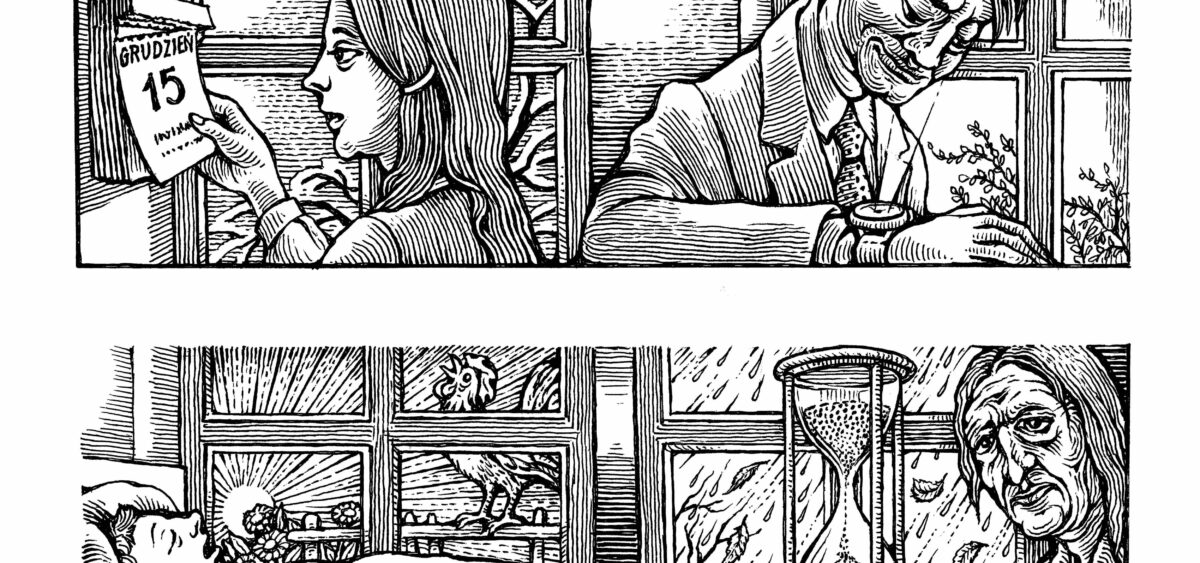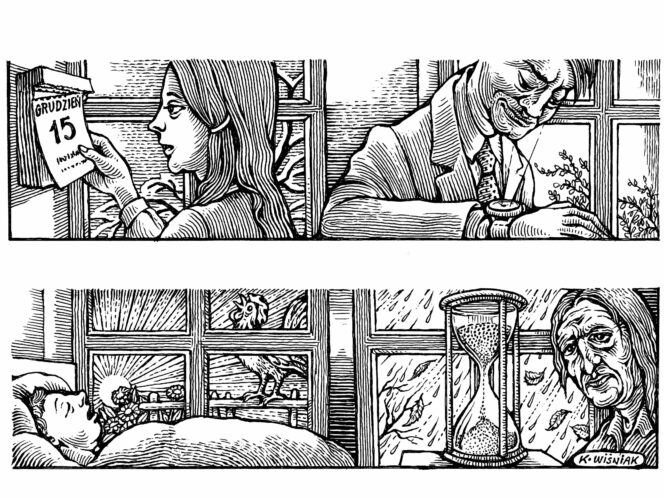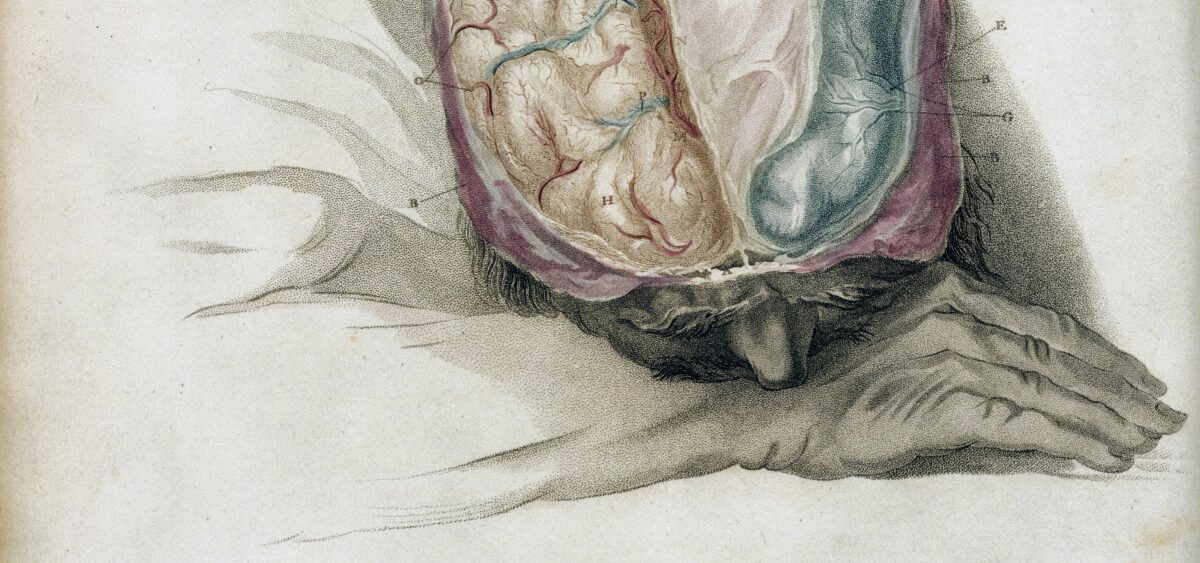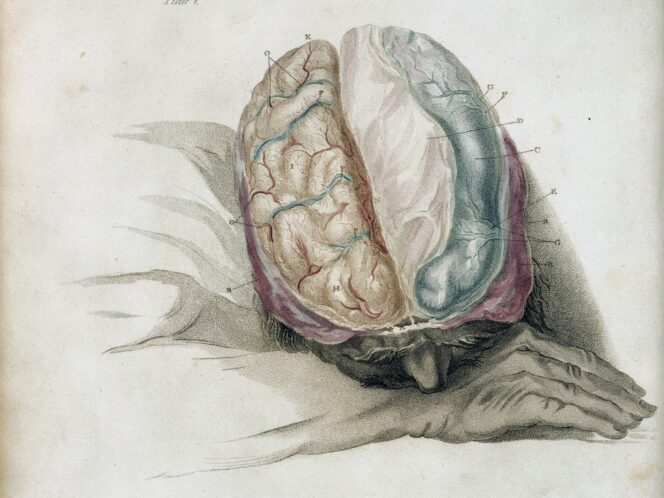
It can fly, it can drag. One minute is not equal to another, at least not to the human brain. Our perception of time depends on our wellbeing, age, the sum of our life experiences, and even on whether we’re waiting for Christmas presents or a dentist appointment.
Carved pumpkins have already been replaced with snowflake patterns. Letters to Santa get longer with each passing day, and their authors – my children – slowly but surely seem to be transforming into that annoying donkey from the Shrek movies, who keeps on asking: Are we there yet? “No, not yet,” I say. “So how long until Christmas?” insists my son, undeterred. Do they feel the passage of time differently than I do? Work, deadlines, more deadlines; it seems like I only came back from my summer holidays yesterday, and Christmas is already just around the corner. When it finally arrives, it will be gone quicker than you can say Santa.
“Why does the time before Christmas drag on forever, and then the holidays pass so quickly?” This is the question bothering all children, not just my offspring. So I decide to ask Dr Rafał Albiński, a psychologist from the University of Social Sciences and Humanities in Warsaw who researches the human perception of time.
Does fear freeze the seconds?
“It’s a matter of attention. When we spend our time on enjoyable activities – talking, eating, unwrapping presents and so on – instead of constantly checking the time, we suddenly realize that three days have passed. Before we know it, our holidays are over,” says Albiński. “It works the other way around, too. When we stand in the queue to buy Christmas gifts, our attention is not captured by anything in particular,








